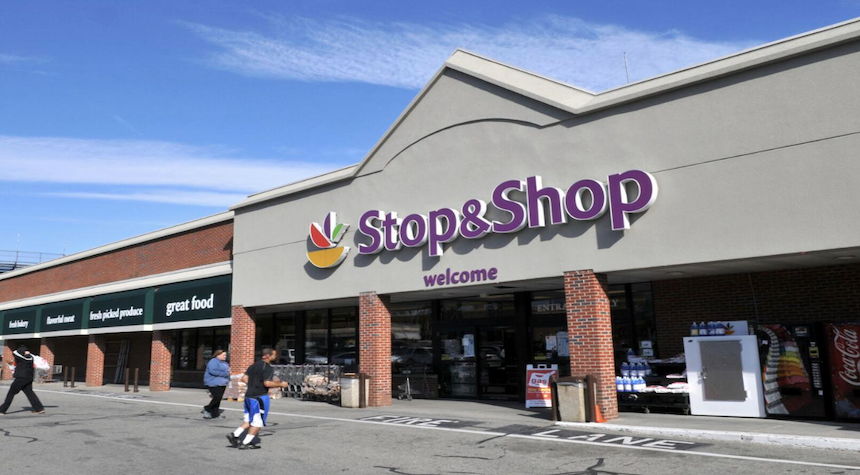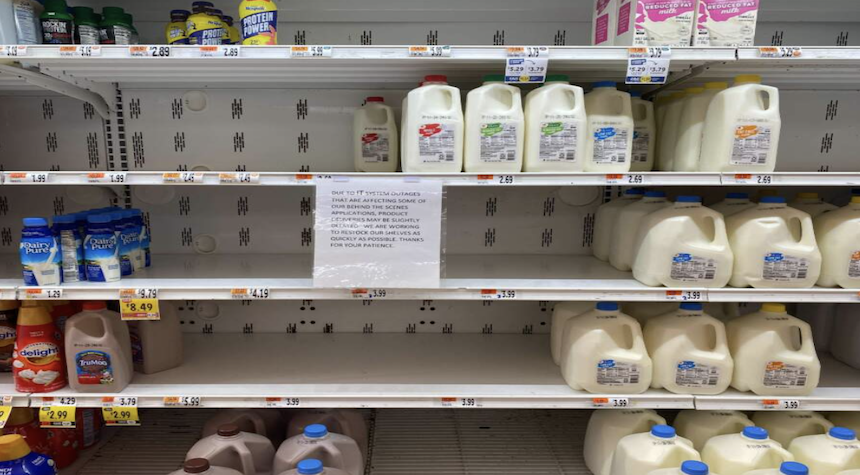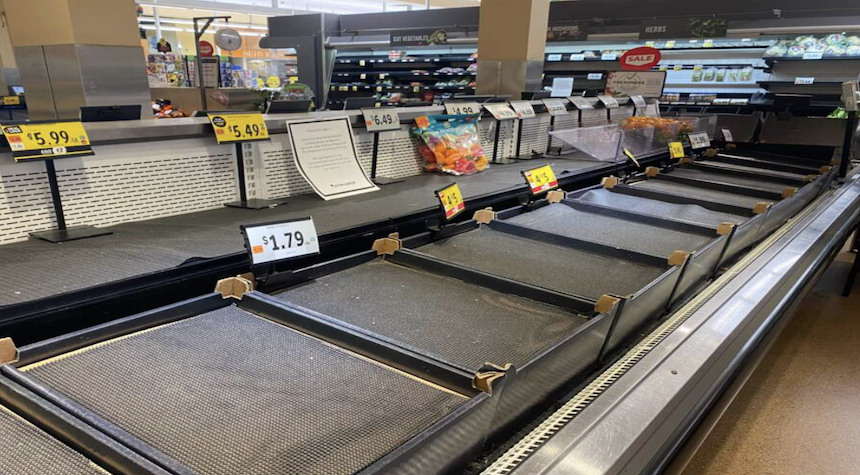Stop & Shops in Massachusetts were left with empty shelves due to a hacker attack on Monday.
Stop & Shop shelves empty
The people who came into the store to buy food before Thanksgiving left empty-handed.
“I can’t buy carrots. I can’t buy lettuce. The vegetables are slim and the meat department is low,” shopper Jim Noto said. “Very disappointing especially this time of the year. It’s just a shame because they are losing a lot of customers.”
“Empty.” “Completely Empty!” Maryanne Lambert said, “It’s all gone!” Maryanne Lambert could only manage to get half of her grocery list.

The produce was just not there. It was terrible. “What’s happening?” Instacart shopper Tina Diblasi said. She’s considering taking a break from the service until the shelves have been restocked.
Customers said they would find a different store to buy their essentials ahead of the holiday.
Cybersecurity is a concern
Stop & Shop claims it is a cybersecurity problem affecting Ahold Delhaize and has placed signs in their stores to inform customers that it was due to an IT system outage.
The store stated, “While there may be limited stock for certain items, we are working on restocking our shelves and expect item availability to continue improving over the next couple of days.”

Ahold Delhaize has confirmed that it is investigating and has informed law enforcement of the breach. Some systems are being taken offline to protect them.
Ahold Delhaize issued a statement saying that “this issue and the subsequent mitigation actions have affected certain Ahold Delhaize USA brand and service including a number pharmacies and certain online operations.”
Stop & Shop announced that in July it would close 32 stores that “underperformed” across five states. Seven of these stores were located in Massachusetts. The company donated the food from the closed supermarkets to local food shelters.
“Stop and Shop has some problems. In September, the company changed its CEO. Even before the attack, they were closing 1/10 of their stores. It seems to have targeted their financial transaction system so that they could not manage payments, but honestly, “everything is vulnerable”, William Masters, Professor of Food Economics and Policy at the Friedman School of Nutrition at Tufts University said.



